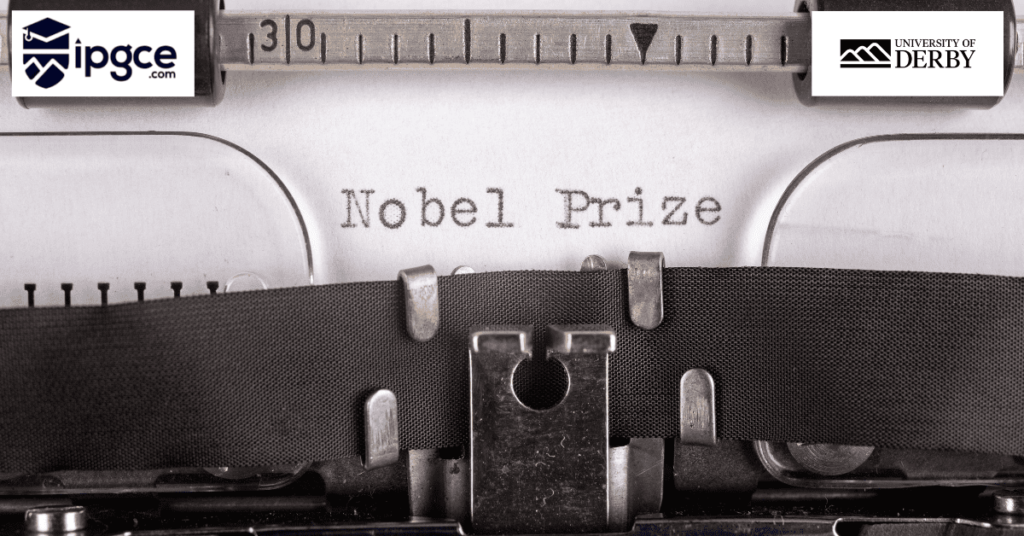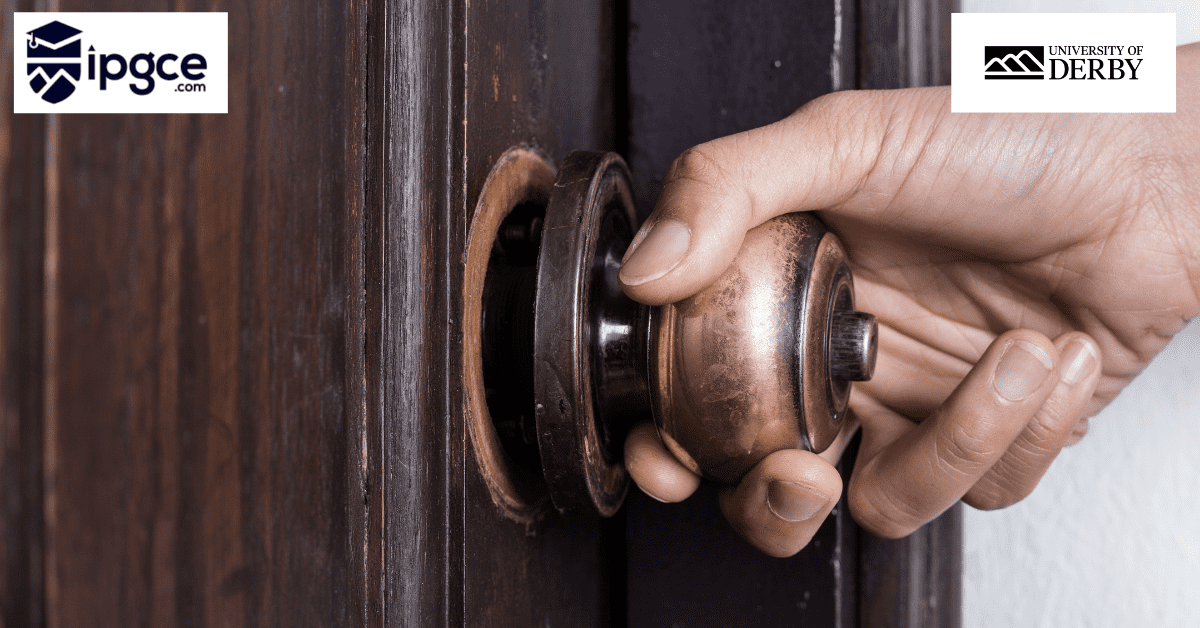It is one of life’s overlooked arts: the optimal way to turn a knob. Now an investigation into this neglected question has been recognised with one of science’s most coveted accolades: an Ig Nobel prize. After a series of lab-based trials, a team of Japanese industrial designers arrived at the central conclusion that the bigger the knob, the more fingers required to turn it.
Read the rest of the article here: https://www.ipgce.com/ig-nobel-prize-awarded-to-study-of-the-knob/
Contact us here: https://www.ipgce.com/contact-us
The team is one of 10 to be recognised at this year’s Ig Nobel awards for research that “first makes you laugh, then makes you think” – not to be confused with the more heavyweight Nobel prize awards, coming up in Scandinavia later this month.
Other winners include a study on whether it is possible to pick yourself up by your bootstraps and an attempt to measure the amount of friction between a shoe and a banana peel.
The annual Ig Nobel ceremony is organised by the scientific humour magazine Annals of Improbable Research and hands out prizes for ten unusual or trivial achievements in scientific research.
This year’s winners also include a study on whether it is possible to pick yourself up by your bootstraps and an attempt to measure the amount of friction between a shoe and a banana peel.
The annual Ig Nobel ceremony is organised by the scientific humour magazine Annals of Improbable Research and hands out prizes for ten unusual or trivial achievements in scientific research.
According to the organisers, the awards are intended to celebrate the unusual, honour the imaginative and spur people’s interest in science, medicine and technology.
Professor Gen Matsuzaki from the Kobe University Graduate School of Engineering, who led the knob study, said: “It is a great honour to receive this award.
“We hope our work will be a small step towards making the world more convenient.”
This year’s ceremony was held virtually due to the coronavirus pandemic.
The winners were presented with a three-dimensional paper gear featuring images of human teeth and a 10tn dollar bill from Zimbabwe, with eight bona fide Nobel laureates, including the physicist Richard Feynman, in attendance.
In a break with tradition, this year’s ceremony also presented an “anti-Nobel” prize to British prime minister Boris Johnson for his “infamous comments about bunches of ‘good old boys’ getting together to fiddle the figures on global warming”.
German chancellor Angela Merkel presented the award.
Speaking at the ceremony, she said: “I’m very concerned about what is happening in the United Kingdom. I hope they will find a way back to a close relationship with the European Union.”
The ceremony was also notable for another break with tradition: awarding a prize in absentia to jailed Saudi Arabian activist Loujain al-Hathloul.
Ms al-Hathloul was honoured for her “campaigns to end the Saudi Arabian ban on women driving automobiles and to end the Saudi Arabian guardianship system that requires every woman have a male guardian”.
She has been held in a Saudi prison since May 2018 and reportedly tortured while in detention.
Ig Nobel prizes have been awarded annually since 1991. Previous winners include a study on whether it is possible to walk on custard and another on the effects of listening to opera on heart transplant patients.
This year’s prize for economics went to a team of researchers who used mathematical modelling to explain “why success most often goes not to the most talented people, but instead to the luckiest”.
What do you think of the Japanese professor’s study? Let us know in the comments below!
Contact Us Directly on WeChat or WhatsApp
Meet Our Successful Graduates: Learn how our courses have propelled graduates into rewarding
careers. Explore their success stories here!
Discover More About Your Future: Interested in advancing your teaching career? Explore our
IPGCE, MA, and QTS courses today!

Explore Our Courses: Ready to take the next
step in your education journey? View our
comprehensive course offerings now!



